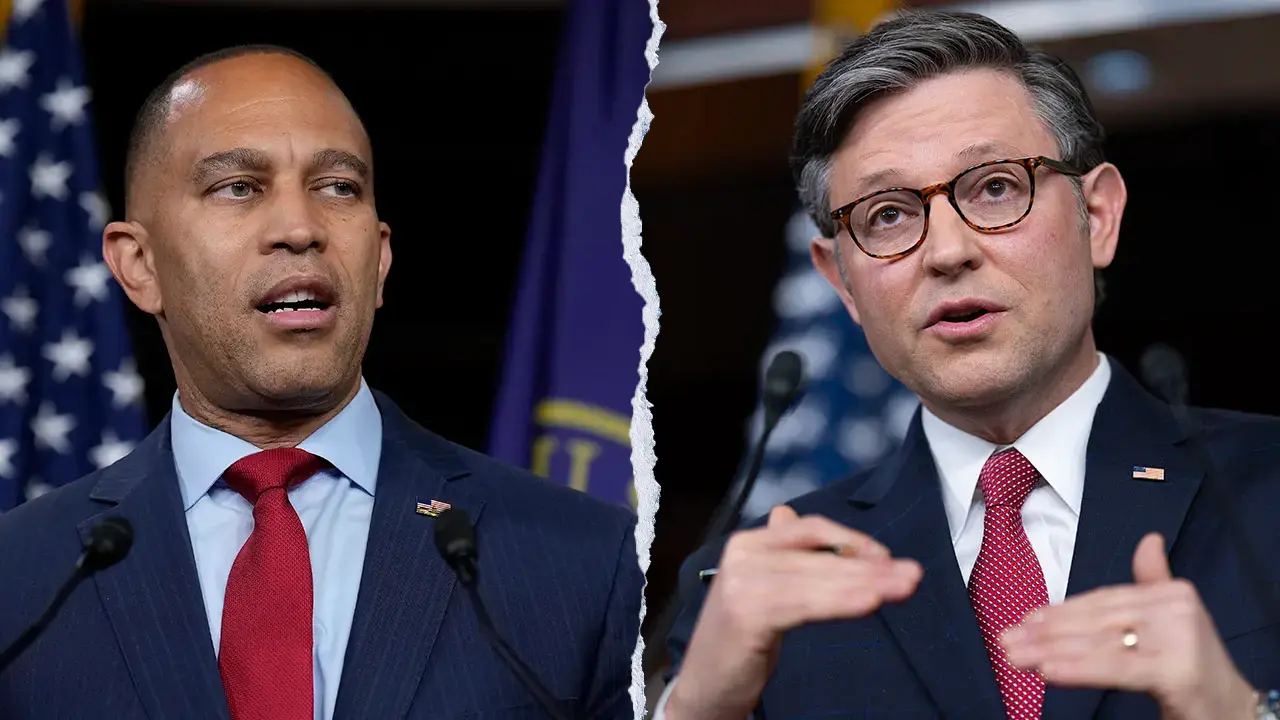On June 6, 2025, the U.S. House of Representatives passed a bill aimed at punishing cities that protect undocumented immigrants from federal immigration enforcement, with five Democrats—Henry Cuellar (Texas), Laura Gillen (New York), Don Davis (North Carolina), Jared Golden (Maine), and Marie Gluesenkamp Perez (Washington)—joining Republicans in a 211-199 vote. The legislation, introduced by Rep. Brad Finstad (R-Minn.), mandates the relocation of Small Business Administration (SBA) offices from jurisdictions designated as “sanctuary cities,” a move seen as targeting cities like Los Angeles that limit cooperation with Immigration and Customs Enforcement (ICE). A second bill, passed the following day with support from eight Democrats, including the same five, explicitly bans undocumented immigrants from obtaining SBA loans.

The vote comes amid heightened tensions in Los Angeles, where protests erupted following ICE raids that detained over 150 individuals. Governor Gavin Newsom and Mayor Karen Bass have criticized federal actions, with Newsom calling the recent federalization of the California National Guard “inflammatory.” The Democratic defectors, all representing competitive districts, face significant backlash. Posts on X, including from users like @JonathanCohn and @Terry1672302, labeled the five Democrats “bigots” and urged their ousting in upcoming elections, reflecting progressive outrage.
Rep. Henry Cuellar, a long-time critic of lax immigration policies, justified his vote, citing concerns over unchecked immigration. Laura Gillen and Don Davis, representing swing districts in New York and North Carolina, likely faced pressure from constituents affected by immigration issues. Jared Golden and Marie Gluesenkamp Perez, co-chairs of the moderate Blue Dog Coalition, have previously supported measures like the SAVE Act, requiring proof of citizenship for voting, indicating a pattern of breaking party lines on immigration. Gluesenkamp Perez, in particular, acknowledged the bill’s flaws but emphasized that protecting federal resources aligns with her district’s priorities.
House Minority Leader Hakeem Jeffries urged Democrats to oppose the bill, arguing it undermines community safety. Critics, including the ACLU, warn that such measures could exacerbate tensions and deter legal immigration processes. Conversely, House Majority Whip Tom Emmer (R-Minn.) praised the vote, stating, “House Republicans are holding these cities accountable for refusing to follow immigration law.”
As Trump’s administration pushes for stricter immigration enforcement, including a 60-day National Guard deployment in Los Angeles, the vote signals a rare bipartisan moment, albeit one driven by political pragmatism in swing districts. With protests ongoing and federal-state tensions rising, the actions of these five Democrats may reshape their political futures as the 2026 midterms approach.






